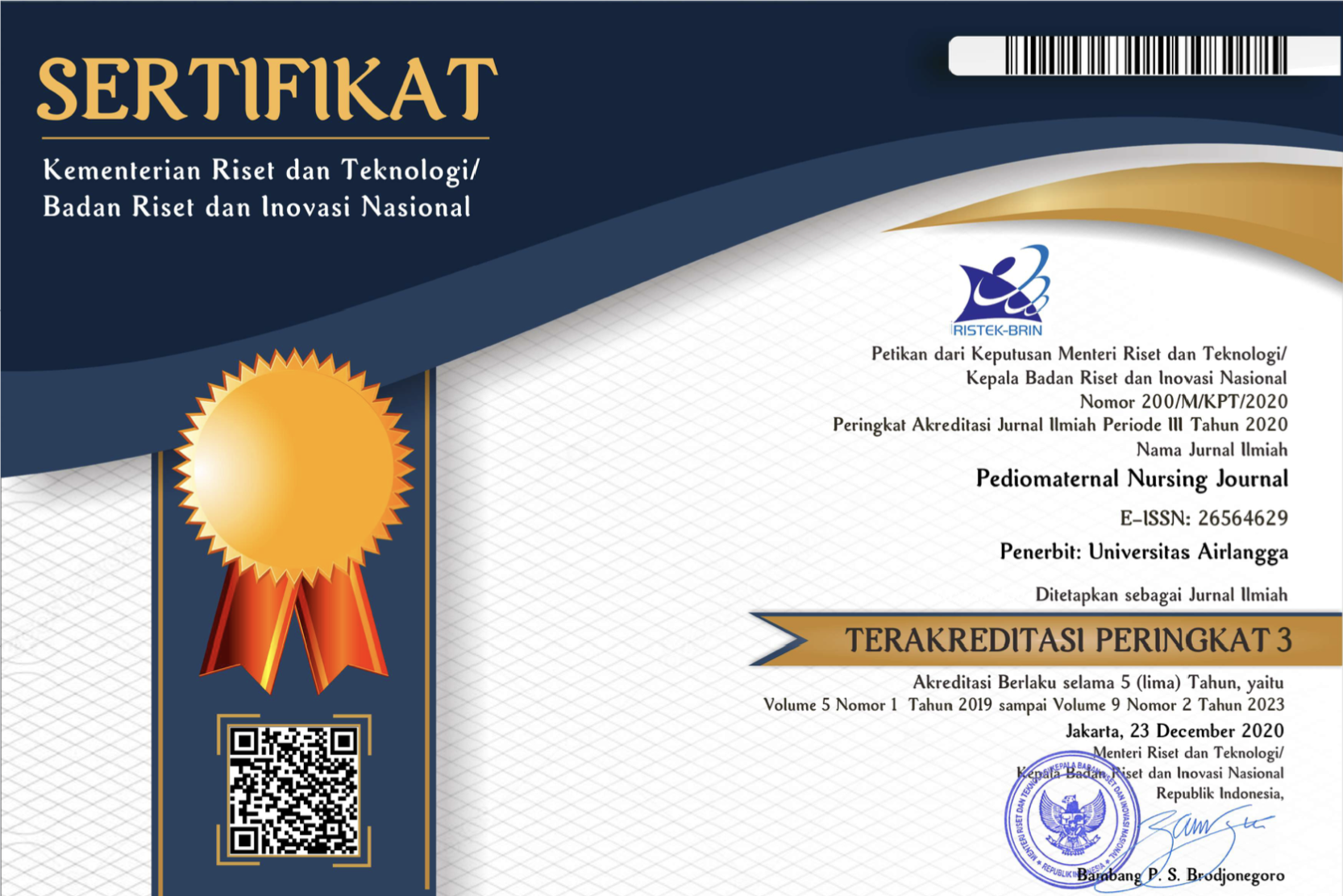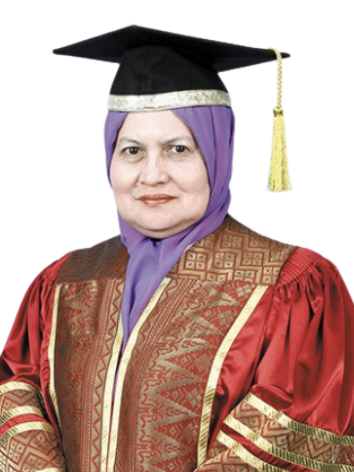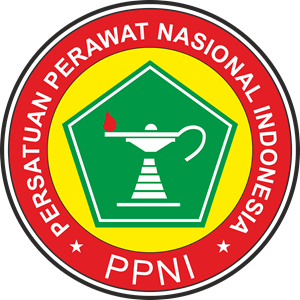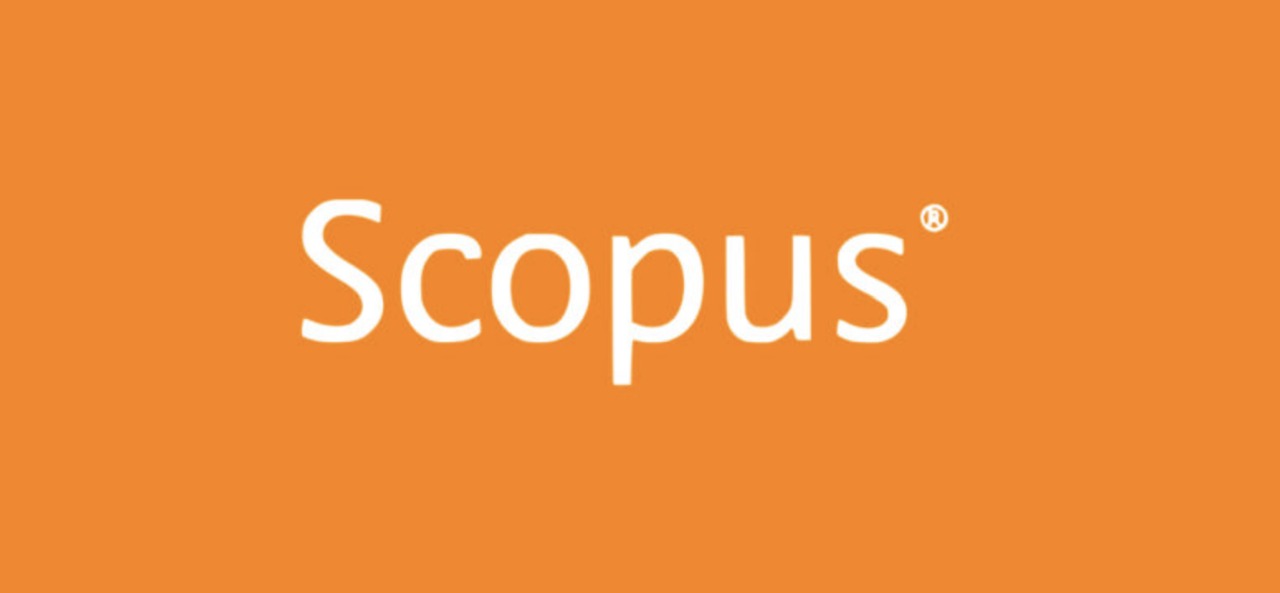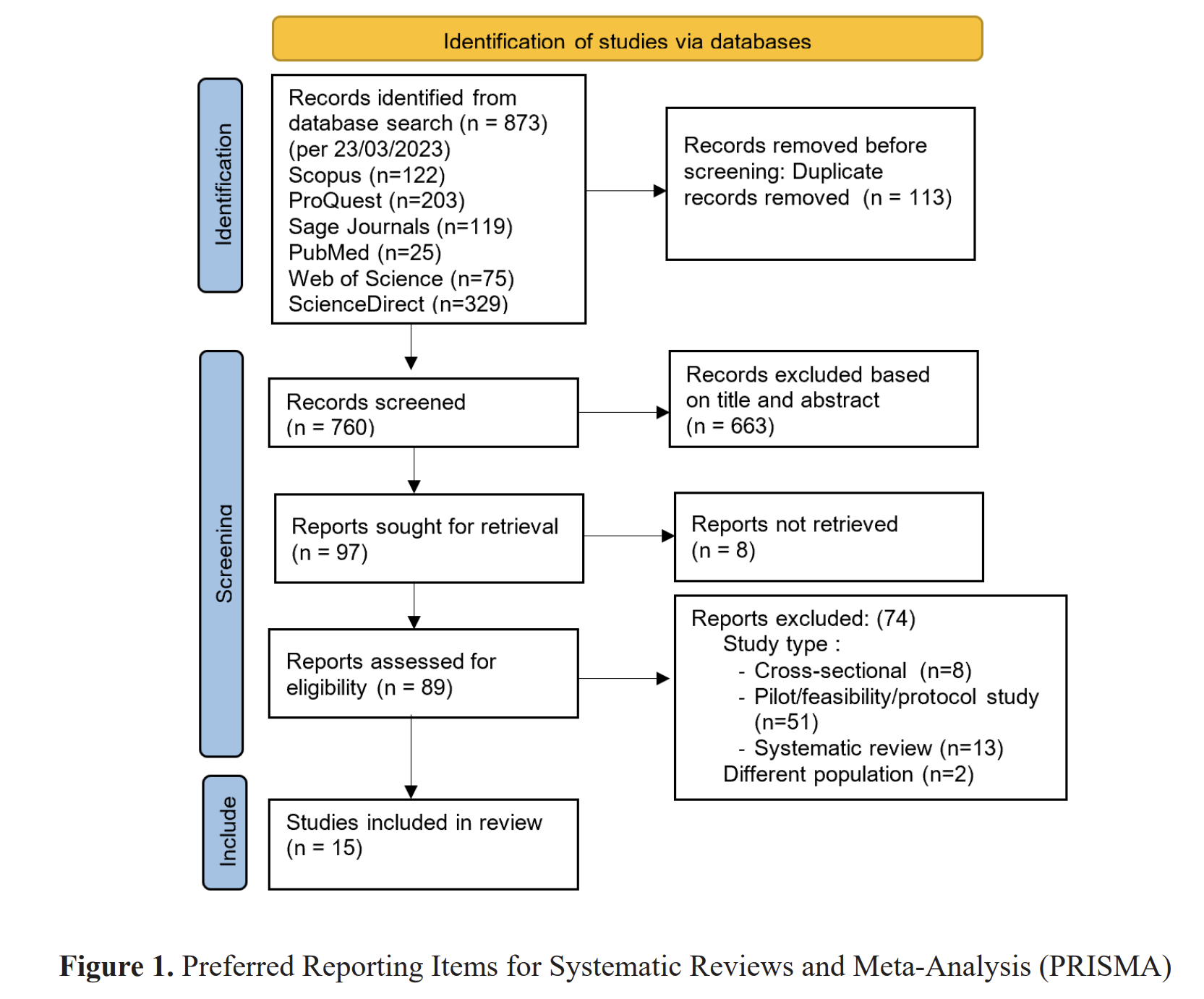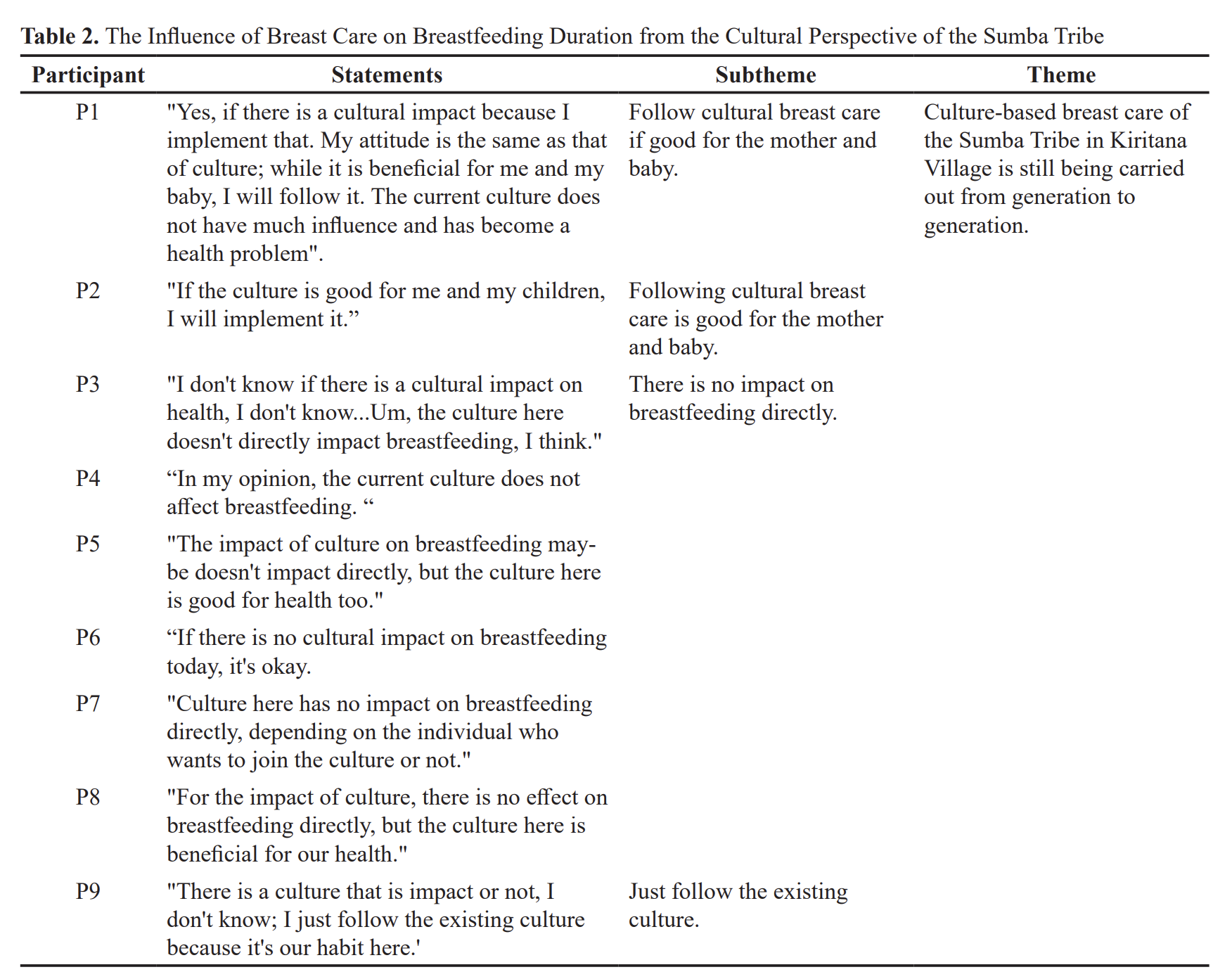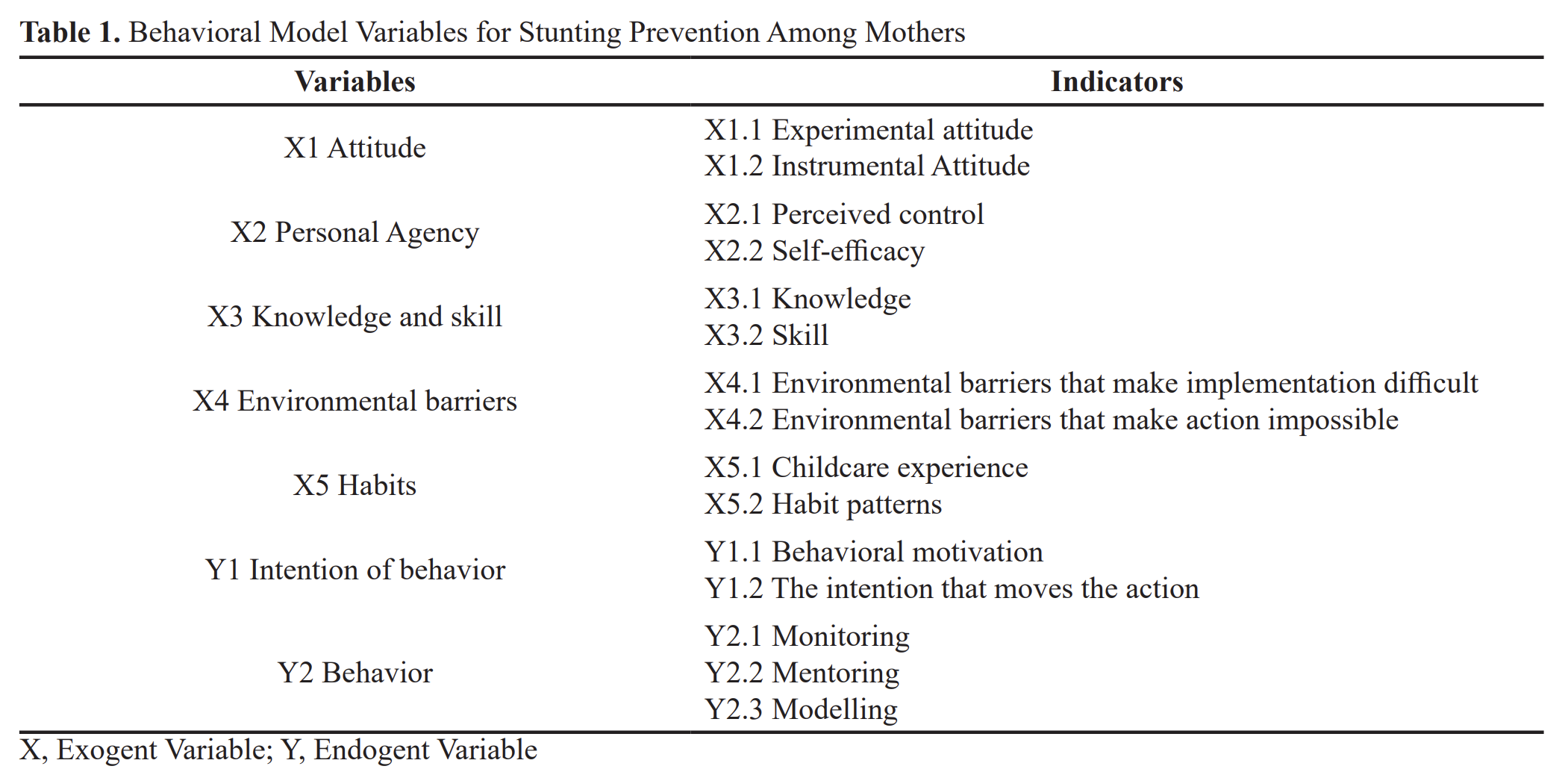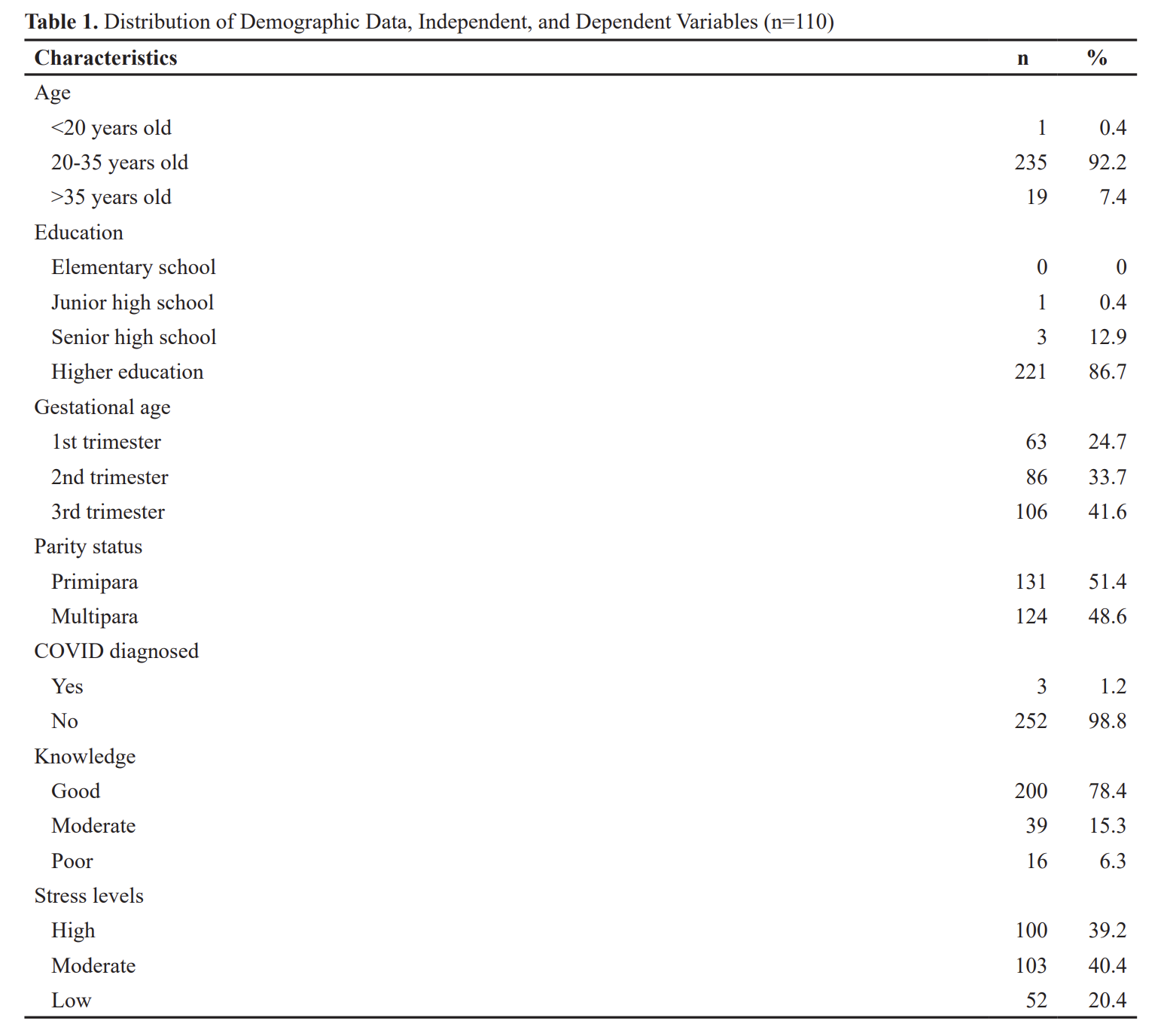Evaluating the autonomy of mother in infant feeding decision: A case study
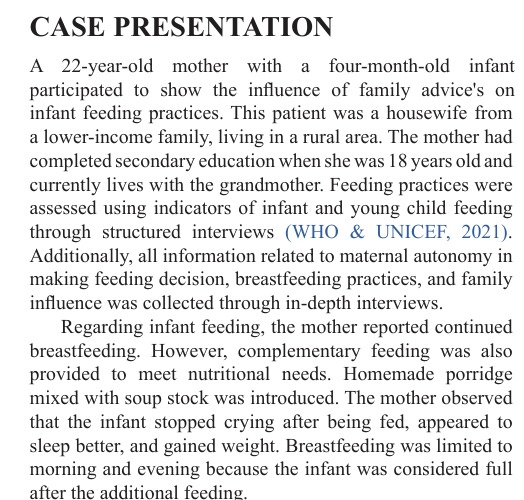
Downloads
Introduction: Exclusive breastfeeding is widely recognized as the optimal method to feed infant up to six months of age. However, mothers often encountered social barriers that challenge the ability to provide exclusive breastfeeding. A significant obstacle was the tendency of grandmothers to be decision-makers in infant care, including feeding. Only a few studies explored maternal autonomy in making the decision about feeding infant based on individual cases.
Objective: This case study aimed to describe the ethical dimension in breastfeeding, focusing on maternal autonomy in infant feeding decision and how this was influenced by family and cultural beliefs.
Case: A 22-year-old mother with a four-month-old infant followed her grandmother’s advice to provide homemade porridge mixed with soup stock. The practice was considered safe because it had been passed down through generations. For decisions regarding infant care, the mother consistently relied on her grandmother’s knowledge and experience.
Conclusion: Exclusive breastfeeding was not achieved because the grandmother advised early introduction of complementary feeding, showing that family influence strongly determined feeding practices. Guidance from nurses was essential to counteract misinformation and support informed breastfeeding decisions. Strengthened post-natal counselling, delivery of intensive information through the media, and participation in monthly growth monitoring were strategies that improved infant feeding practices in line with health recommendations.
Keywords: case study; exclusive breastfeeding; decision-making; infant feeding; maternal autonomy
Copyright (c) 2025 Hermalinda Herman, Mei-Chih Huang

This work is licensed under a Creative Commons Attribution 4.0 International License.
1. The journal allows the author to hold the copyright of the article without restrictions.
2. The journal allows the author(s) to retain publishing rights without restrictions.
3. The legal formal aspect of journal publication accessibility refers to Creative Commons Attribution (CC BY).

